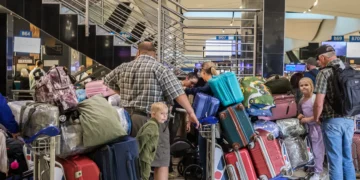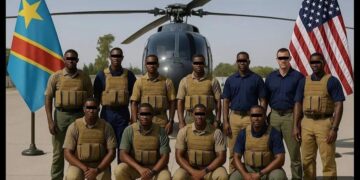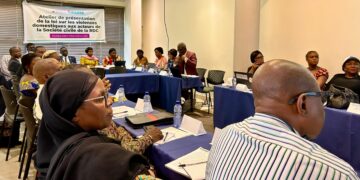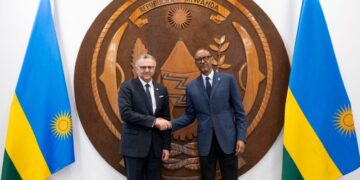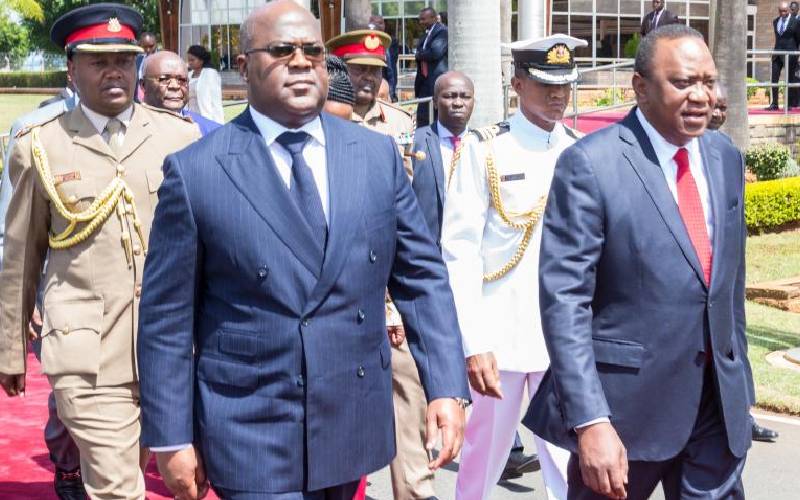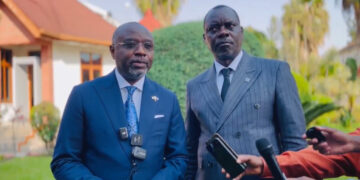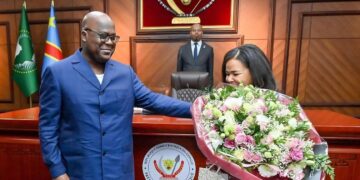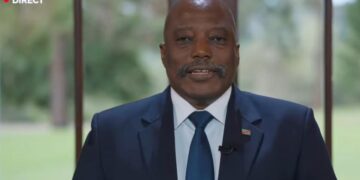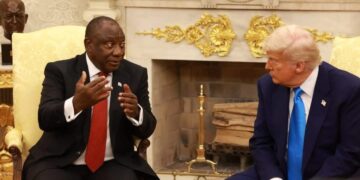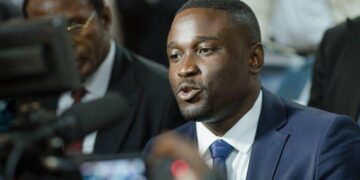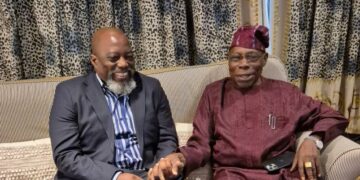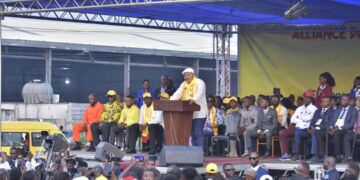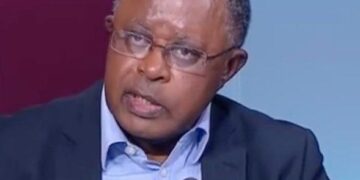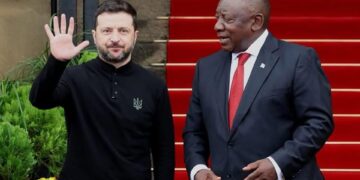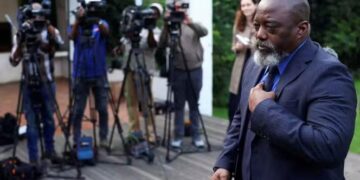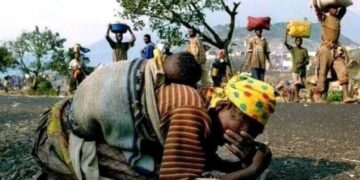His visit to the DRC underscores growing concern over the protracted insecurity in the eastern regions of the country, particularly in North Kivu and Ituri provinces, where armed militias continue to wreak havoc despite years of peace agreements and military operations.
Obasanjo held a confidential meeting today with former Congolese President Joseph Kabila Kabange at his private residence in Kinshasa. Though details of their discussions remain undisclosed, insiders close to the AU delegation revealed that the dialogue centered on key issues including:
• The urgent need for a credible national reconciliation framework
• The integration of ex-combatants into national life through disarmament and reintegration programs
• Addressing regional tensions involving neighboring countries, especially Rwanda and Uganda
• Strategies for ensuring transparent and inclusive political processes ahead of upcoming electoral milestones
Joseph Kabila, who ruled the DRC from 2001 to 2019, remains a central figure in Congolese politics through his party, the People’s Party for Reconstruction and Democracy (PPRD), and the wider Common Front for Congo (FCC) coalition. While Kabila has maintained a relatively low public profile since stepping down, he is still perceived by many as a power broker behind the scenes a perception that makes his engagement critical to any sustainable peace deal.
Obasanjo’s role as an AU envoy draws from a deep well of experience. He has been instrumental in peacebuilding efforts across the continent, from the Darfur conflict in Sudan to constitutional crises in West Africa. His stature as a respected elder statesman often grants him access and trust where others face resistance.
“The African Union recognizes that durable peace in the DRC requires Congolese solutions, but also African solidarity,” said a senior AU official accompanying Obasanjo. “The visit is about listening, advising, and facilitating honest dialogue between key players.”
During his multi-day visit, Obasanjo is also expected to meet with current Congolese President Félix Tshisekedi, members of the opposition, civil society organizations, church leaders, and representatives of displaced communities. His itinerary reportedly includes a planned stop in Goma, the capital of North Kivu, where the humanitarian situation remains critical due to ongoing violence and mass displacements.
The international community, including the United Nations and regional bodies like the Southern African Development Community (SADC), is closely monitoring Obasanjo’s mission. There is hope that his engagement could help bridge longstanding divides and revitalize political will for comprehensive peace.
This AU initiative comes at a time when trust between political elites, local communities, and security institutions is fragile. Obasanjo’s visit symbolizes not only diplomatic intervention but also a call for renewed continental commitment to peace, stability, and development in the DRC.


